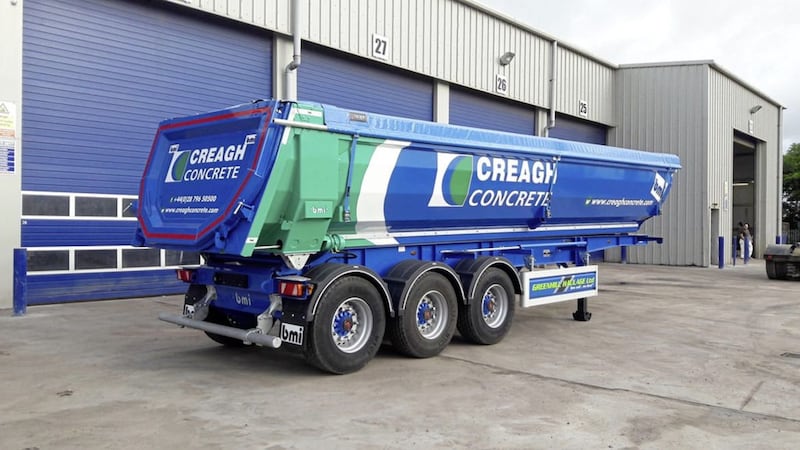PROPERTY surveying is a career on the frontline of tackling the climate crisis, but more people are needed to take up jobs in the property sector to ensure new homes built are greener than ever before.
As part of #MyFuturePlanet week last week, the RICS spoke to nearly a thousand school students about why they should consider a career in surveying to help save the planet.
From ensuring that new homes meet the latest energy efficiency requirements to assessing land for the next generation of green infrastructure – chartered surveyors are helping make the UK a greener, low carbon place to live.
Record numbers of young people are now more concerned with tackling the emerging climate crisis than any other generation, but with 30 per cent of the surveying profession over the age of 50 and looking to retire, more young people are needed now more than ever. The RICS’s Inspire programme seeks to engage students and increase interest in chartered surveying as a career.
Through Inspire, students learn about innovative solutions the industry is putting in place to drive down carbon emissions – like modular homes made from recycled bamboo or new roads built using waste plastic – and how they can get involved by becoming a chartered surveyor.
With property and new house building a major focus of the government’s net zero ambitions, the RICS #MyFuturePlanet week and Inspire programme were set up to attract future talent, capture the attention of new generations and support efforts to eliminate the climate crisis.
And there is a particular focus on capturing the attention of a new generation of women to work in the sector.
There has been a long-standing challenge in this respect with the proportion of chartered surveyors who are female remaining at much too low a level – across the UK and also in Northern Ireland specifically.
Much work has been done to help tackle the problem. And recent figures offer some cause for encouragement.
Overall, 16 percent of the RICS membership in Northern Ireland is now female. That’s still too low, but it is a number that is increasing. And more encouragingly, 27 per cent of new membership enrolments are from women.
This is good because it helps increase the base of skills. It also good because we know that diversity improves businesses. Gender balanced board companies for instance outperform non-gender balanced versions by 21 per cent (interestingly, research also shows that ethnic and cultural diversity improves profitability by 31 per cent.)
By continuing the focus on attracting more women into surveying, there is the opportunity to not only increase the diversity of the chartered surveying profession in Northern Ireland, but to increase the overall flow of talent coming into the sector that will play such a crucial role in tacking climate change into the future.
:: Susan Mason is head of the Royal Institution of Chartered Surveyors (RICS) in Northern Ireland







